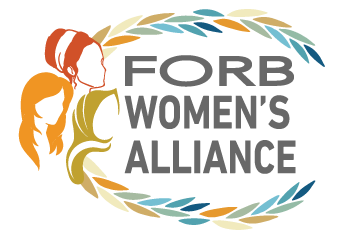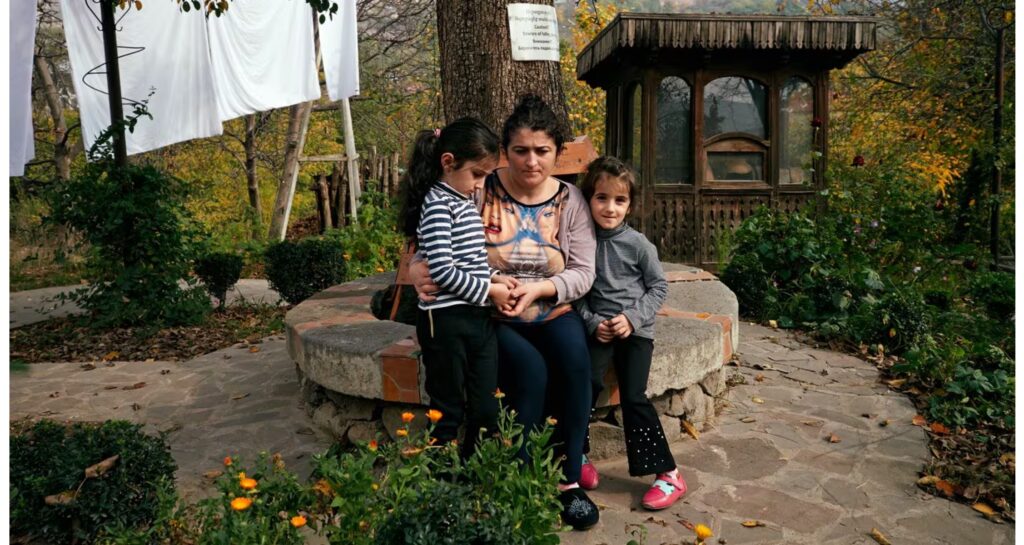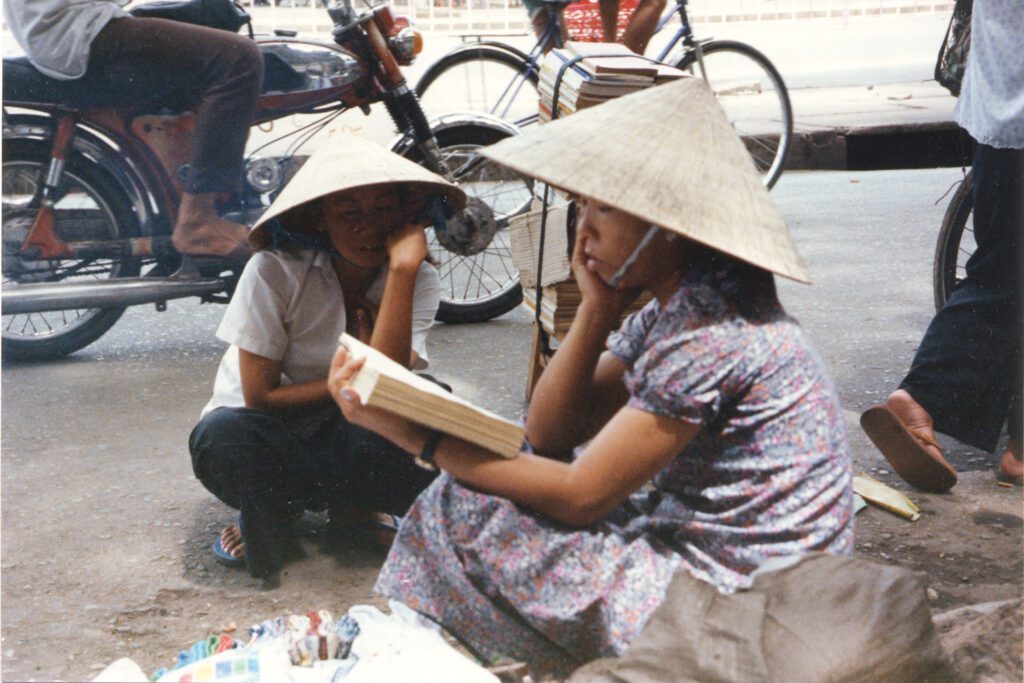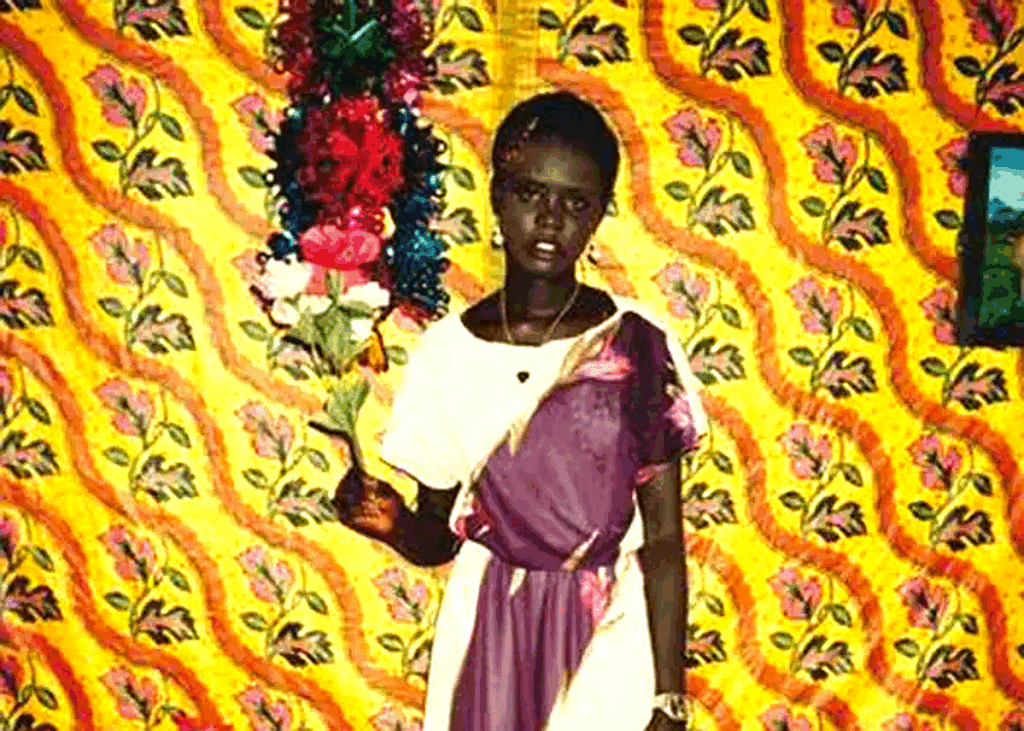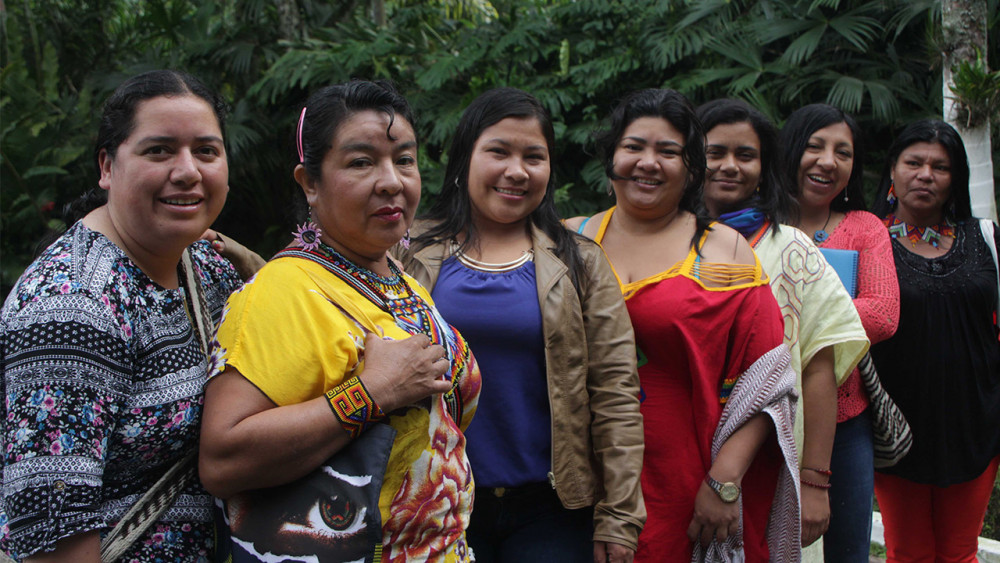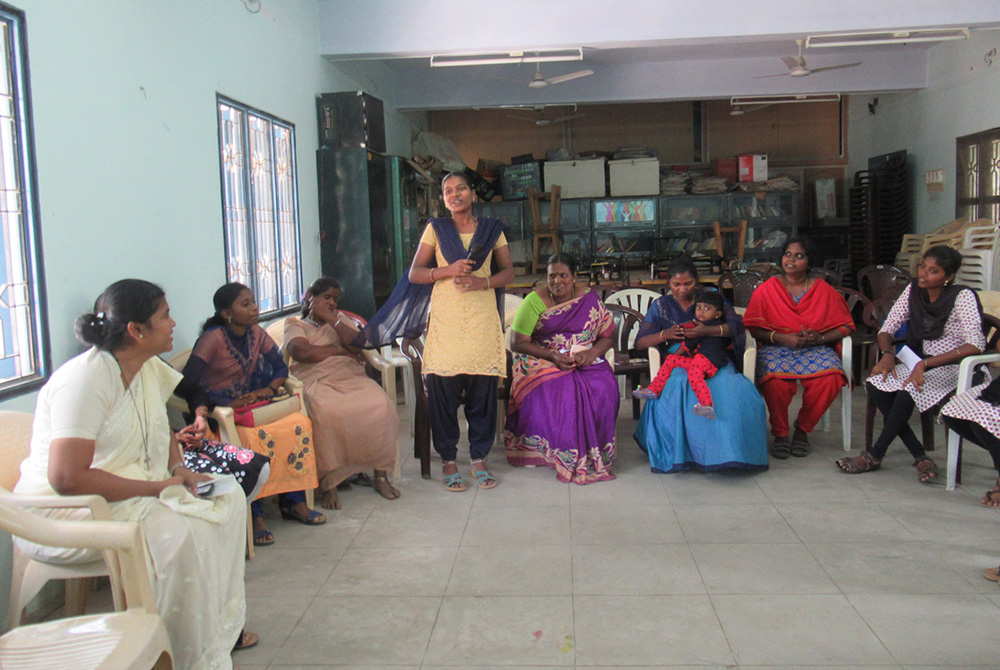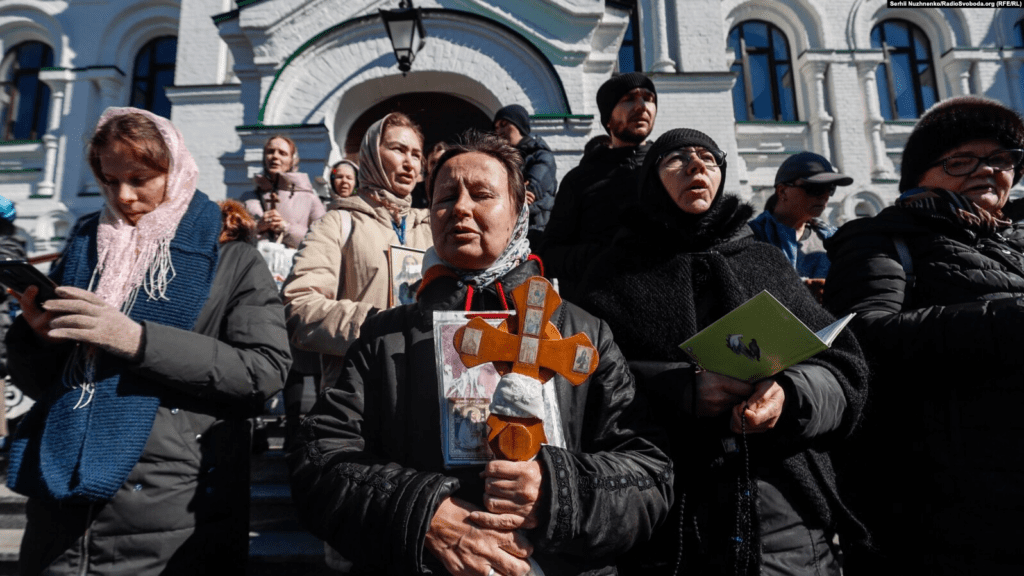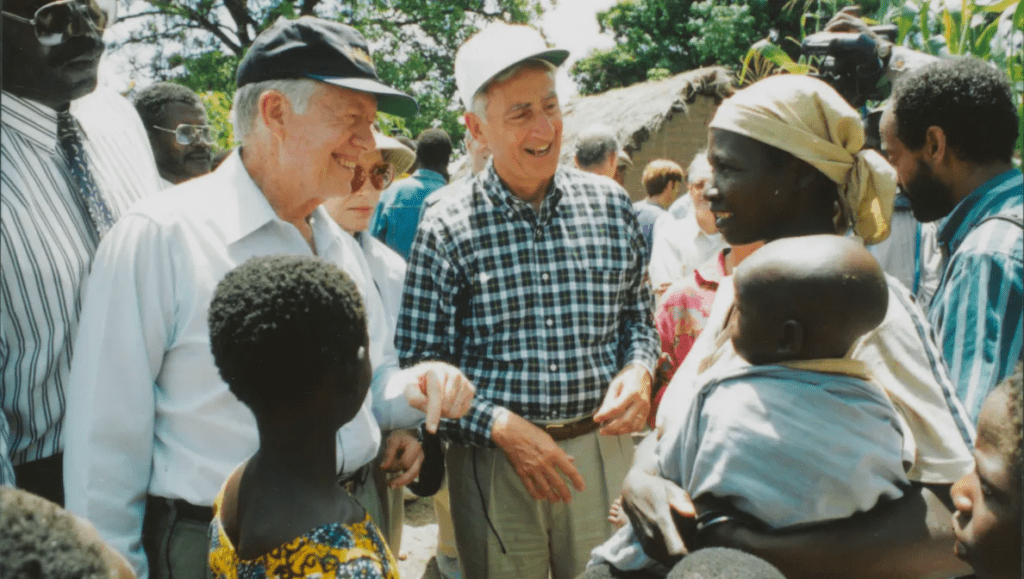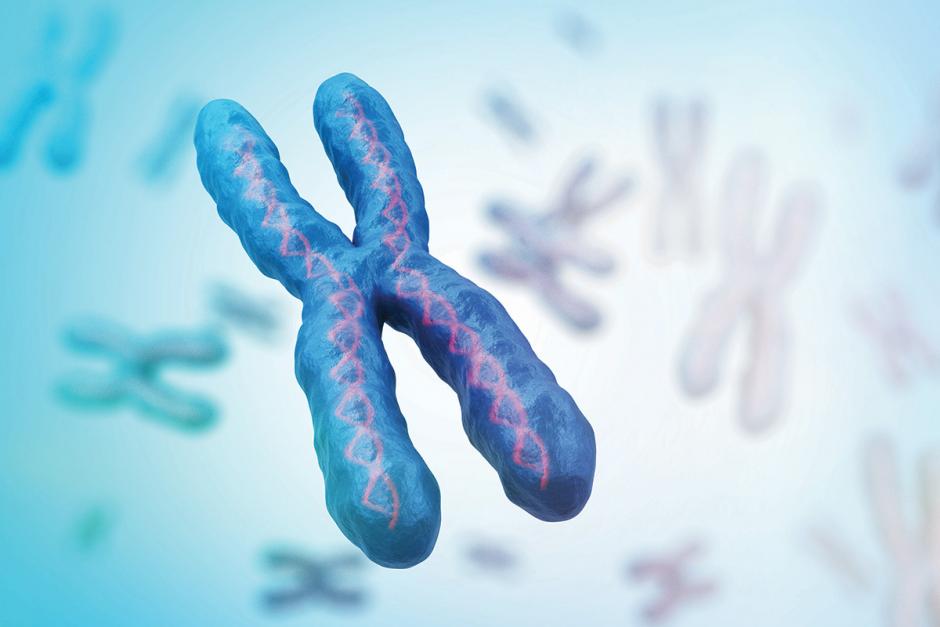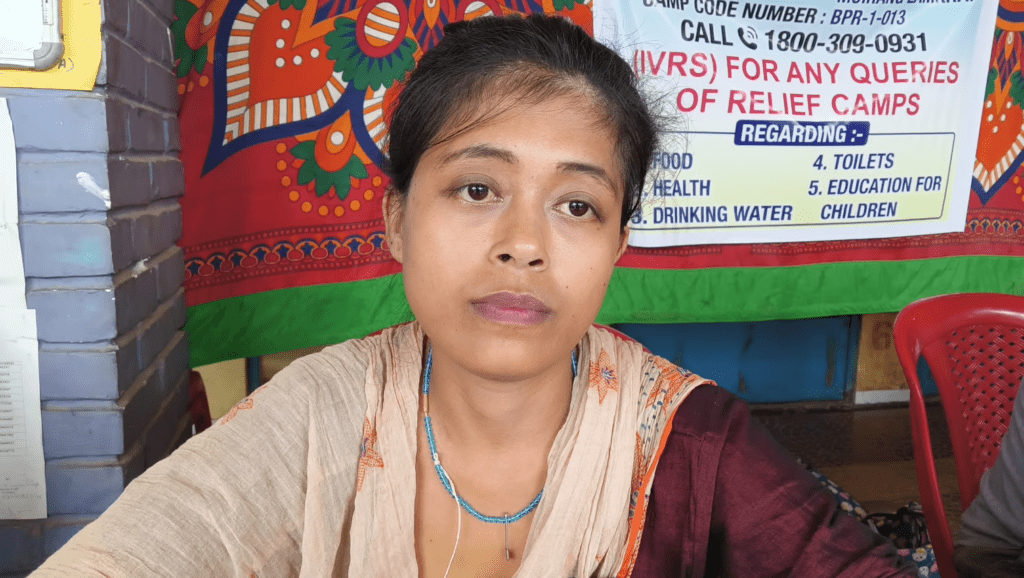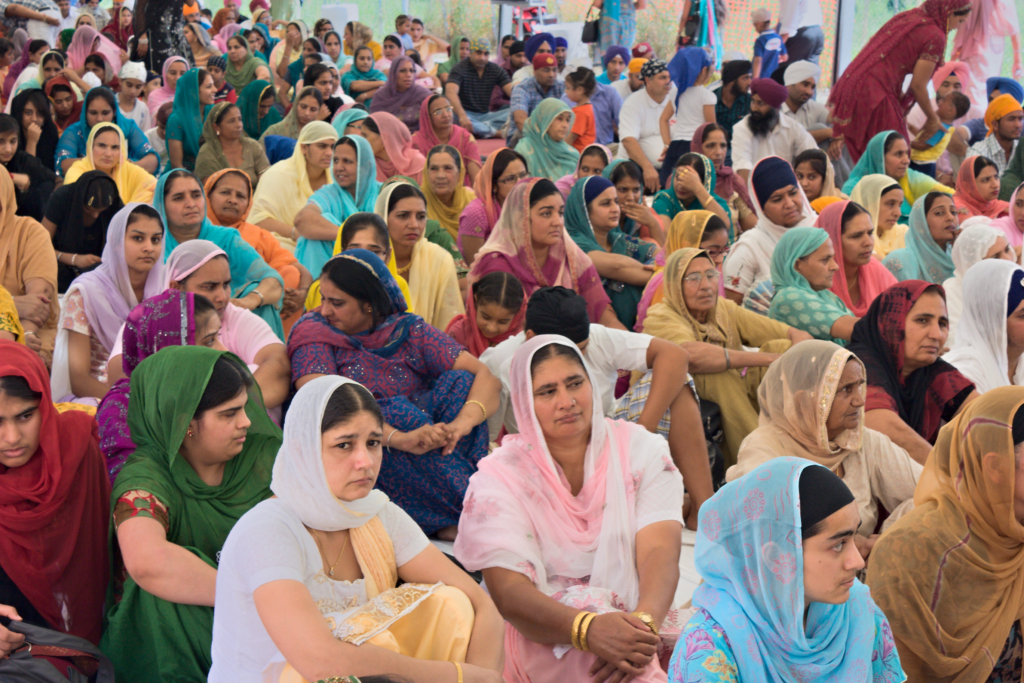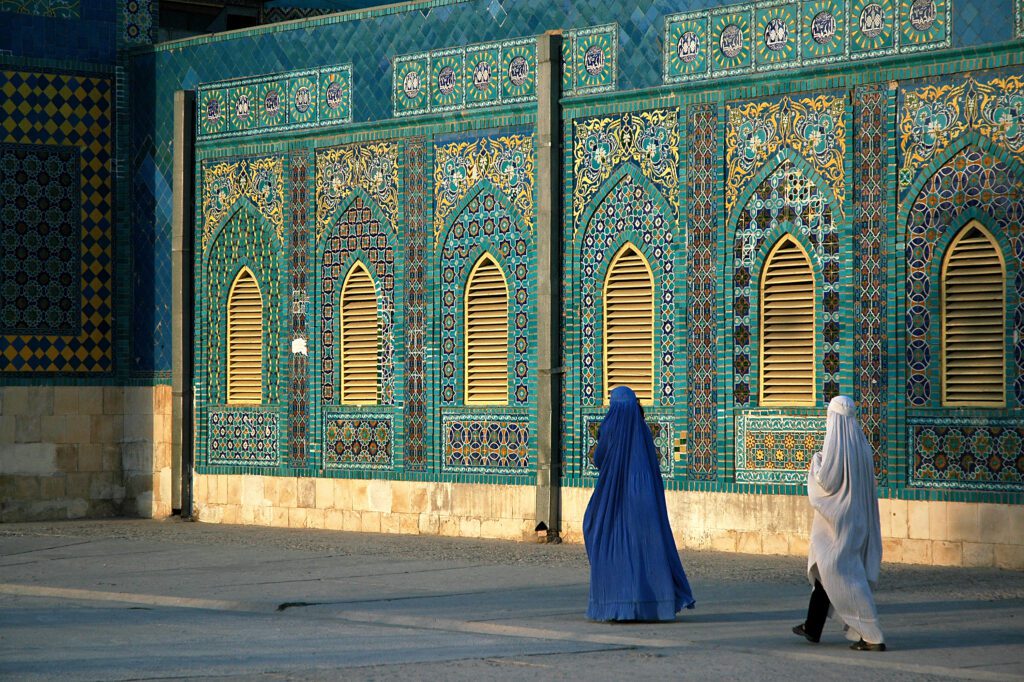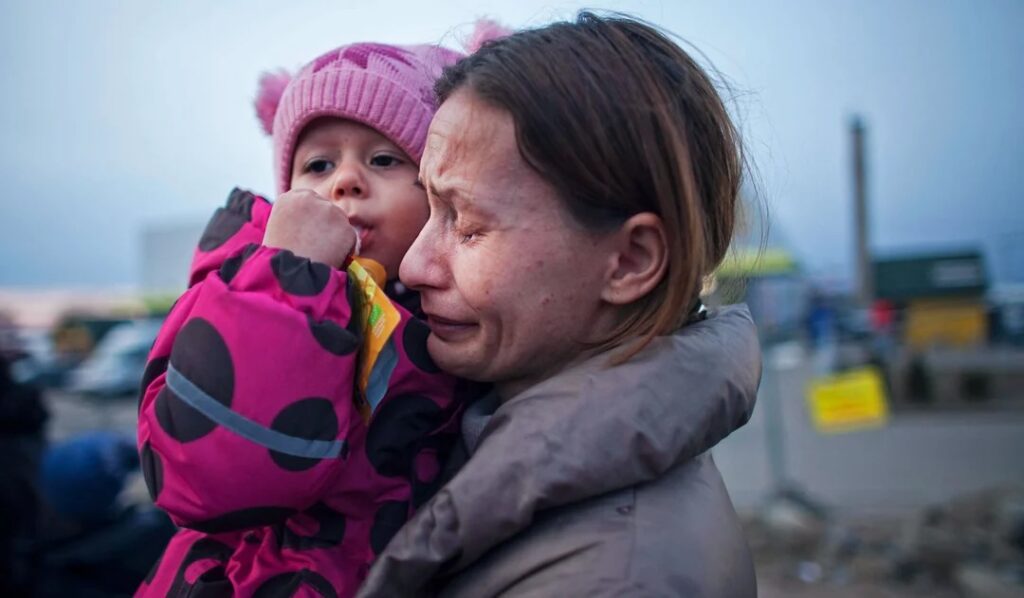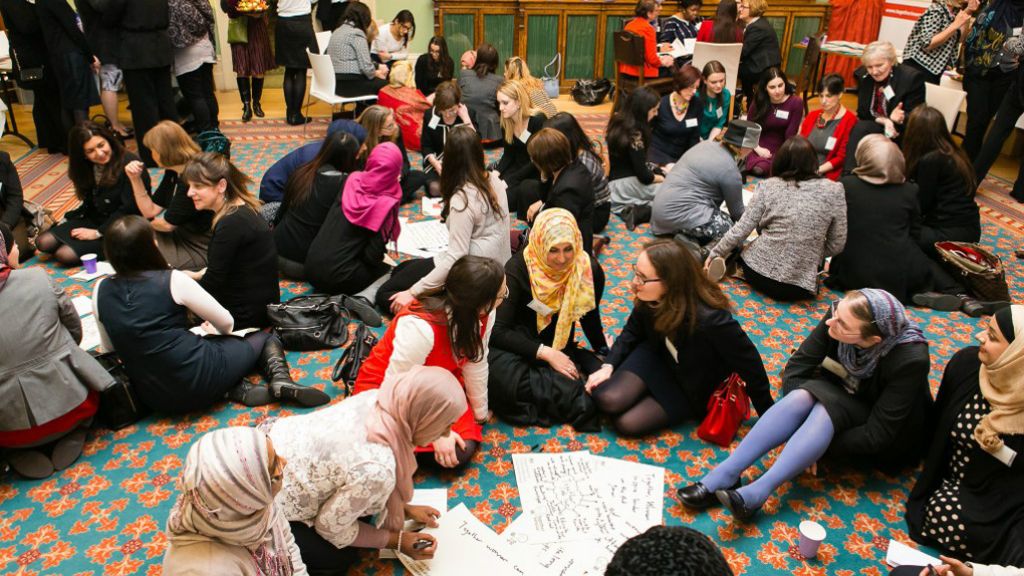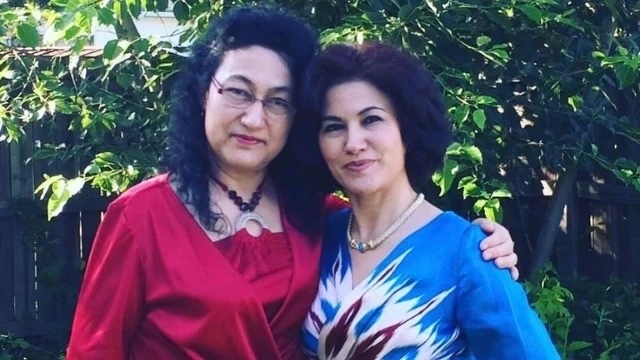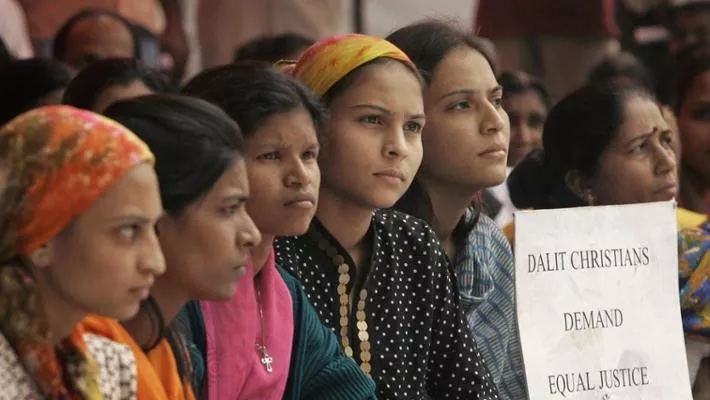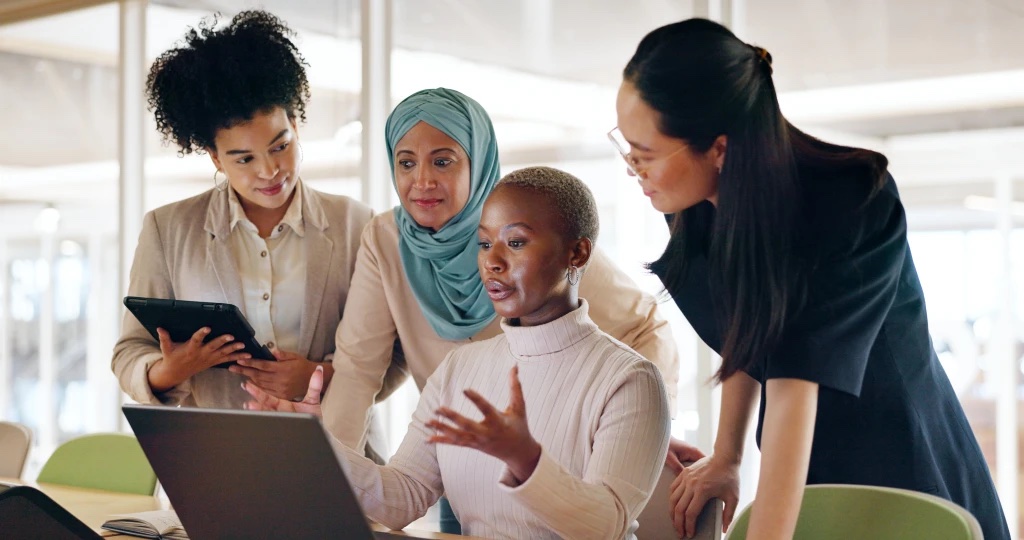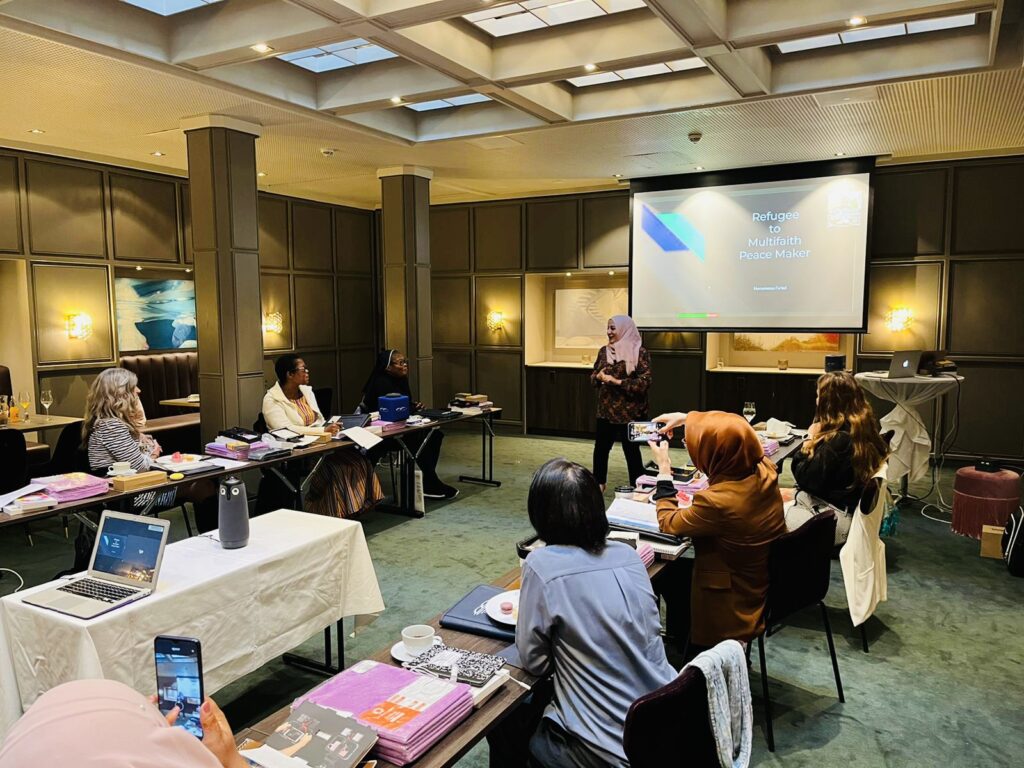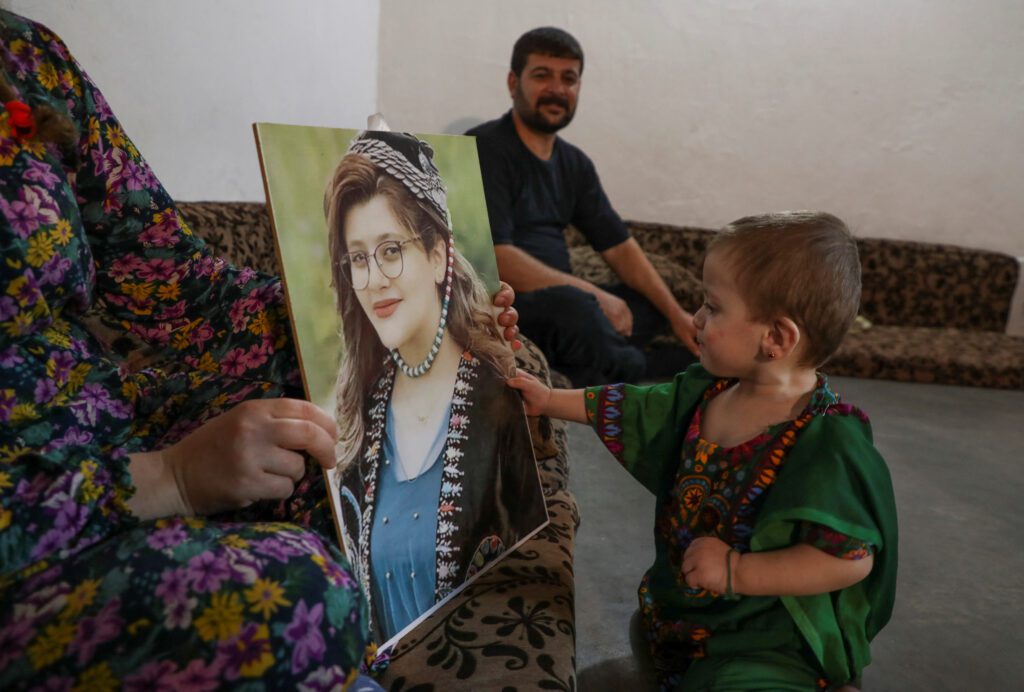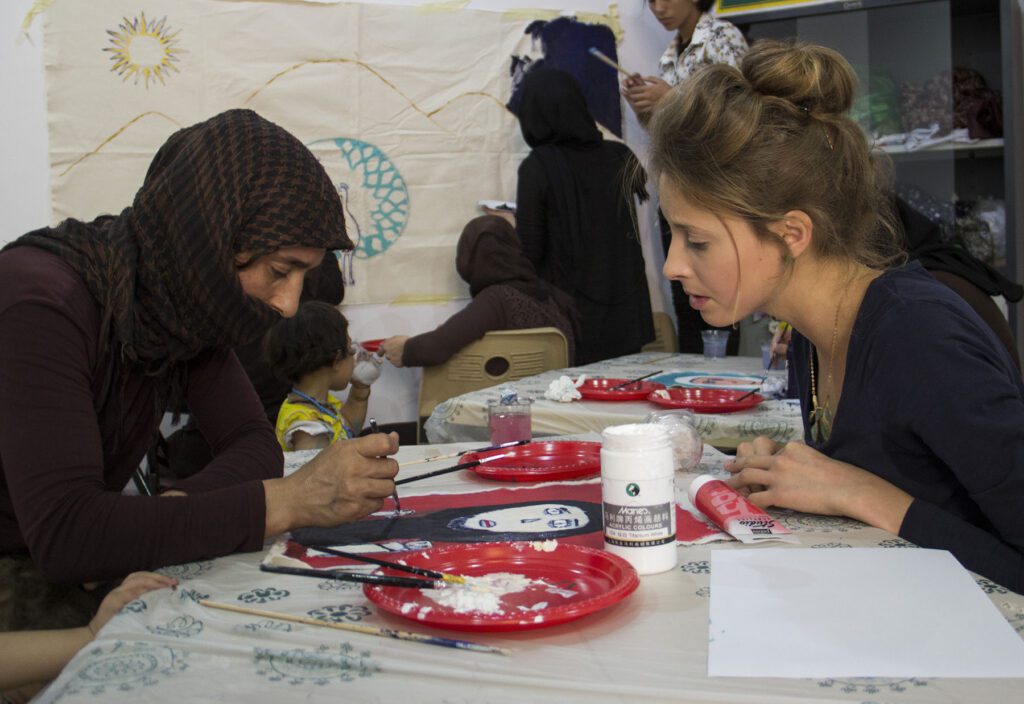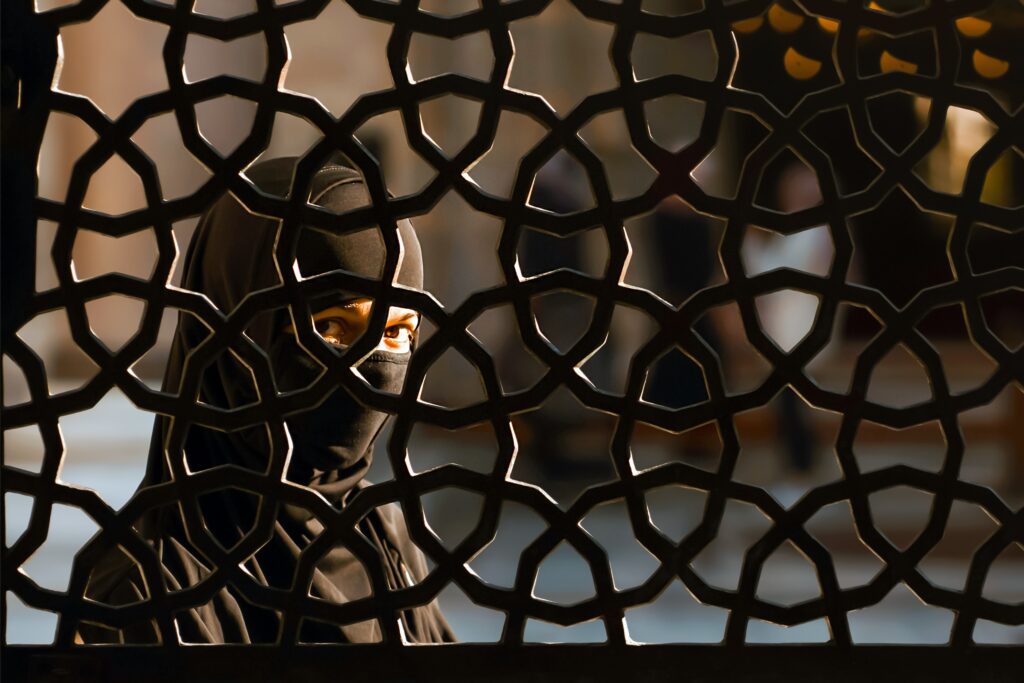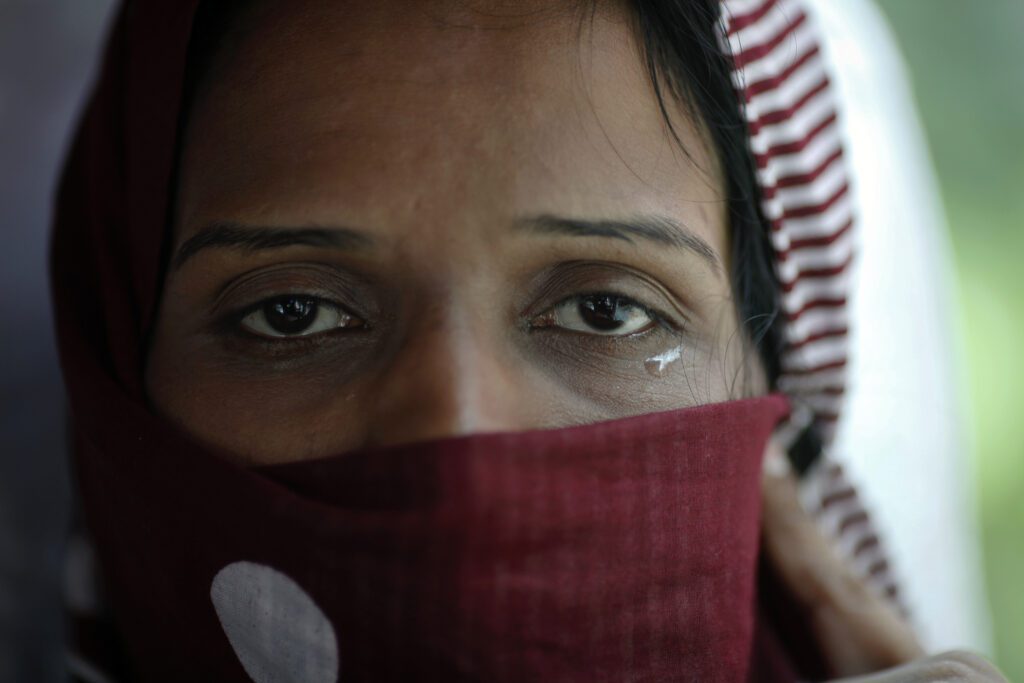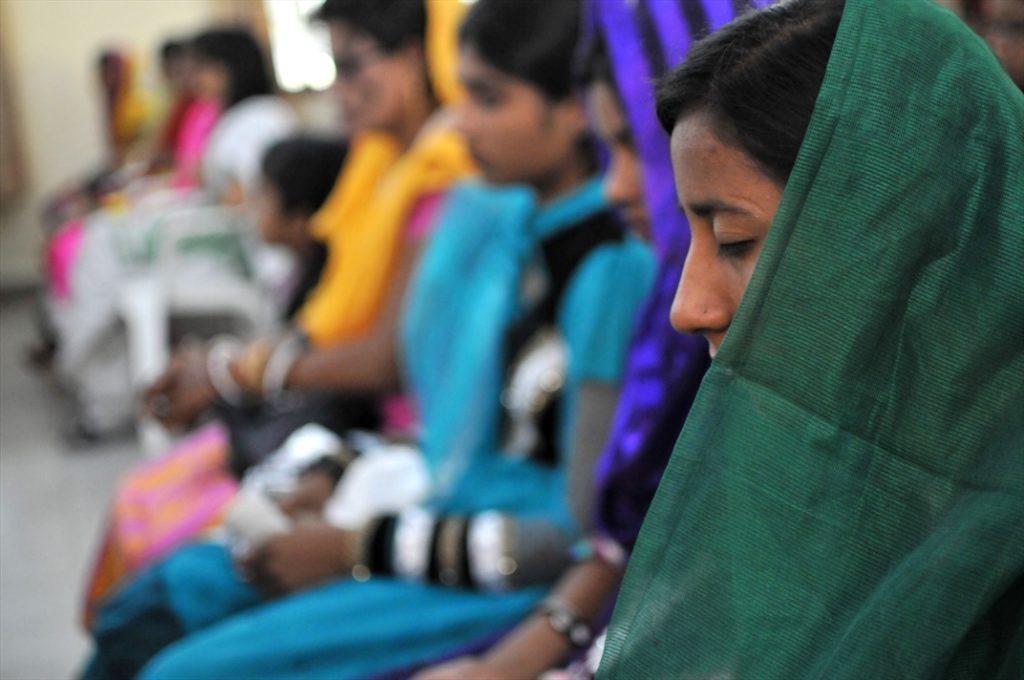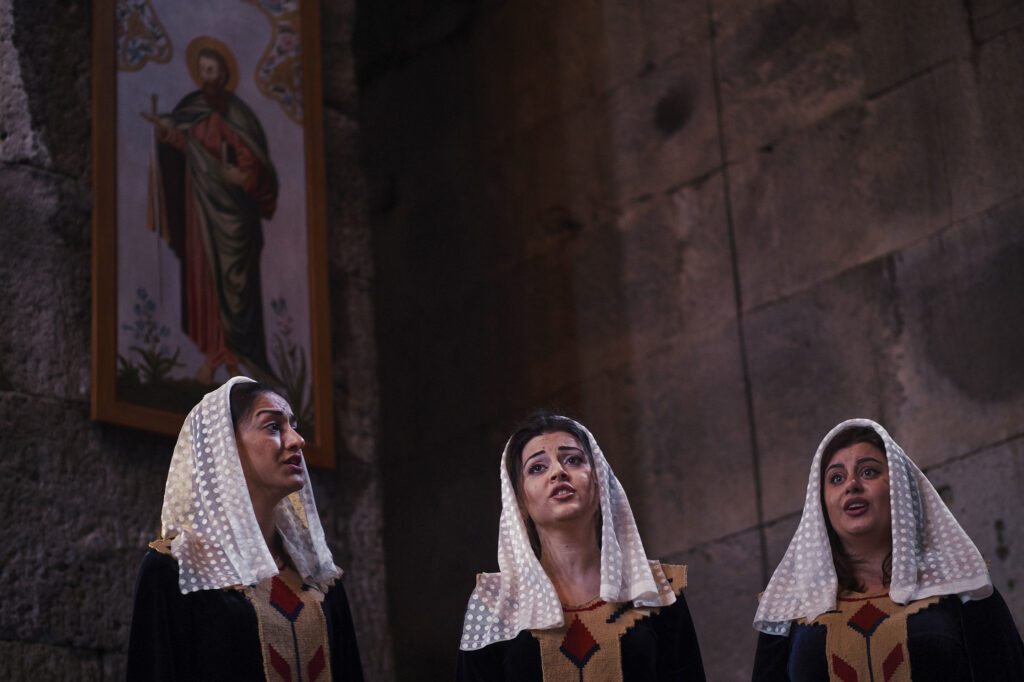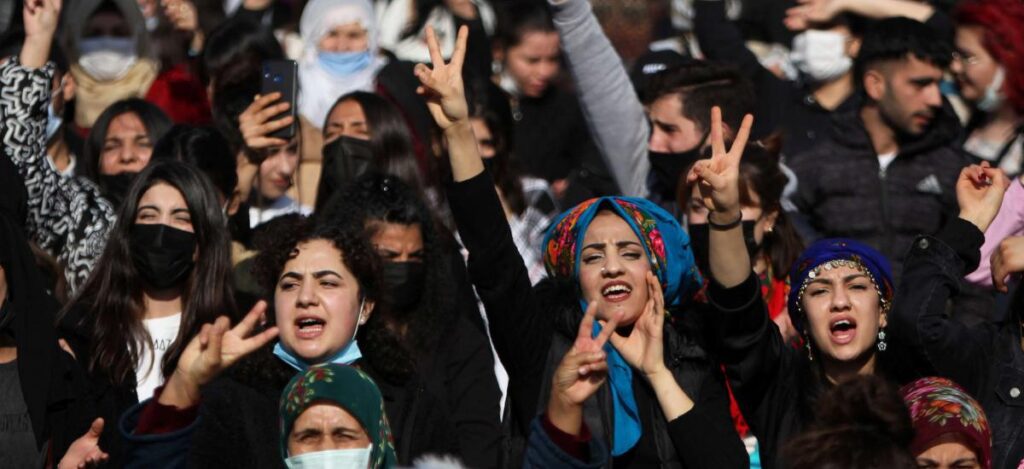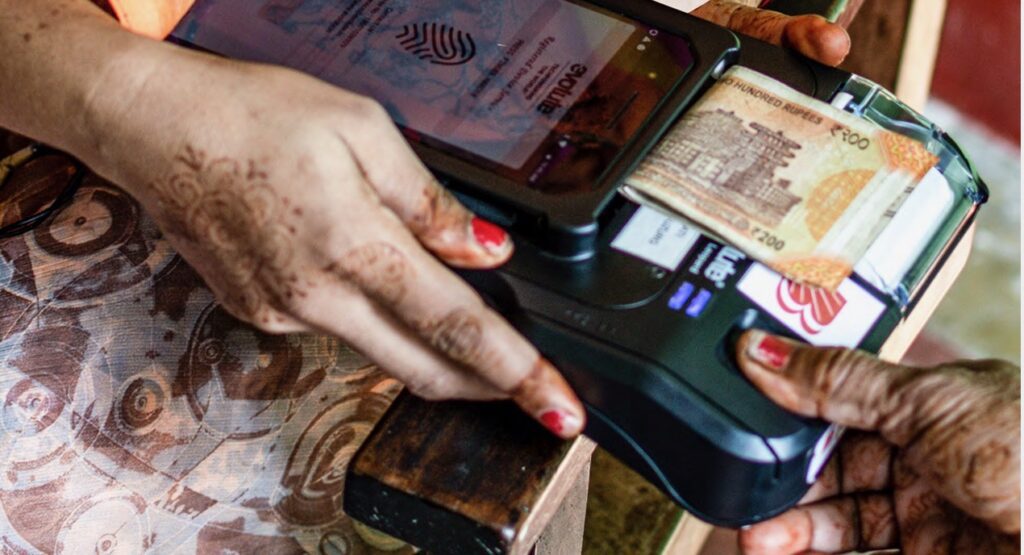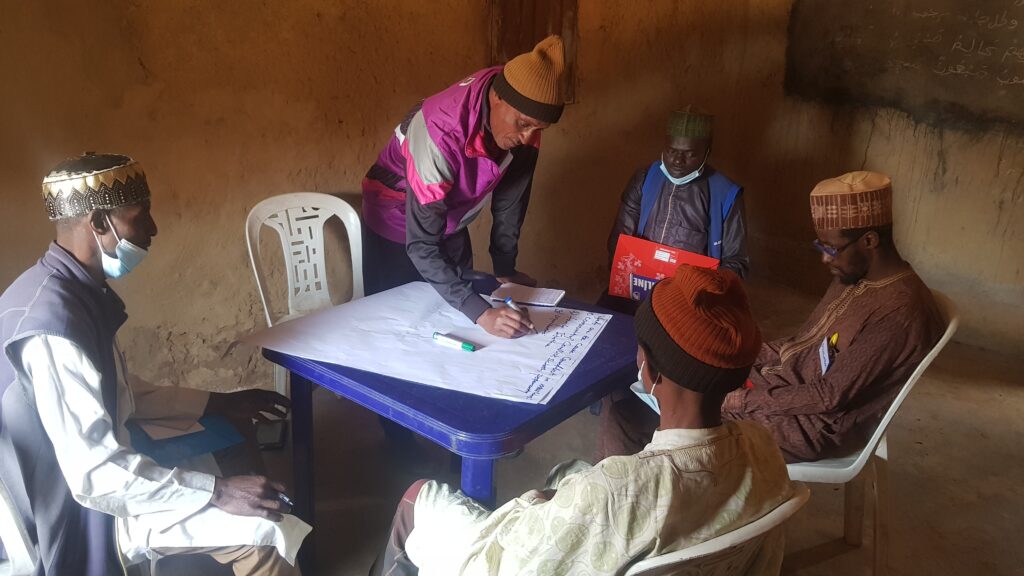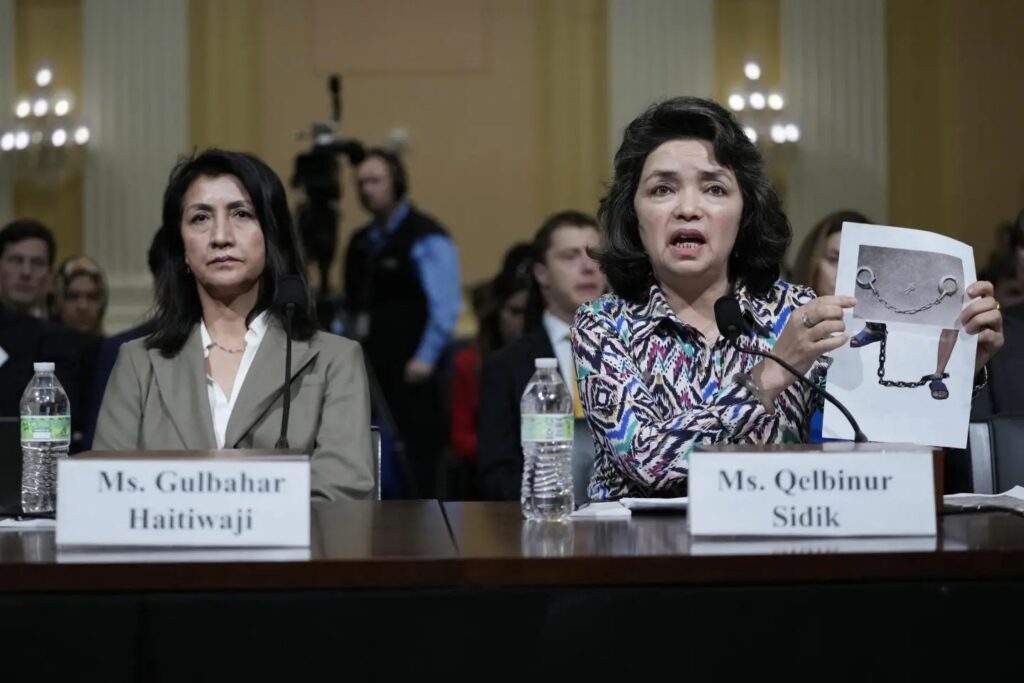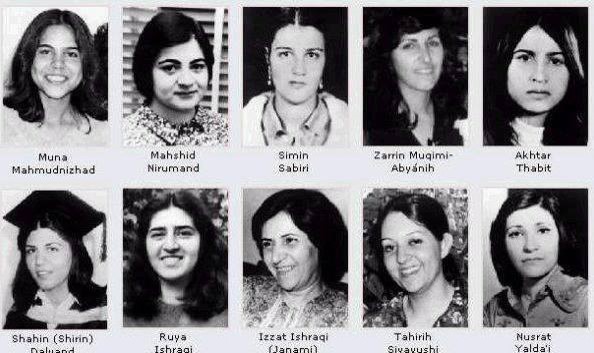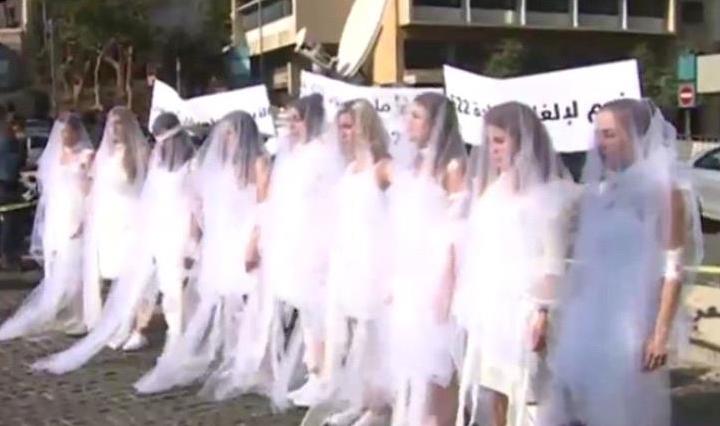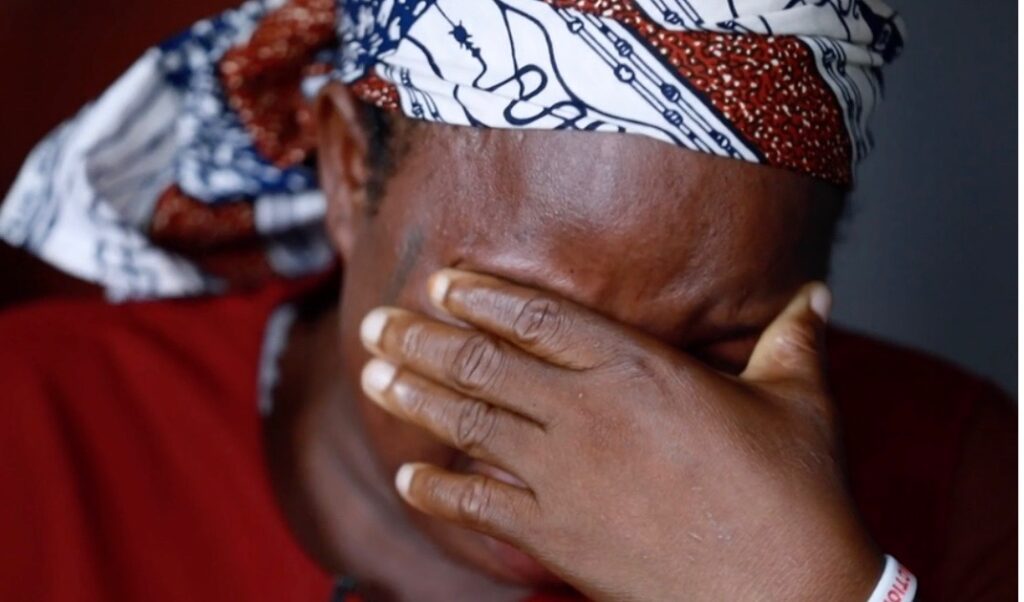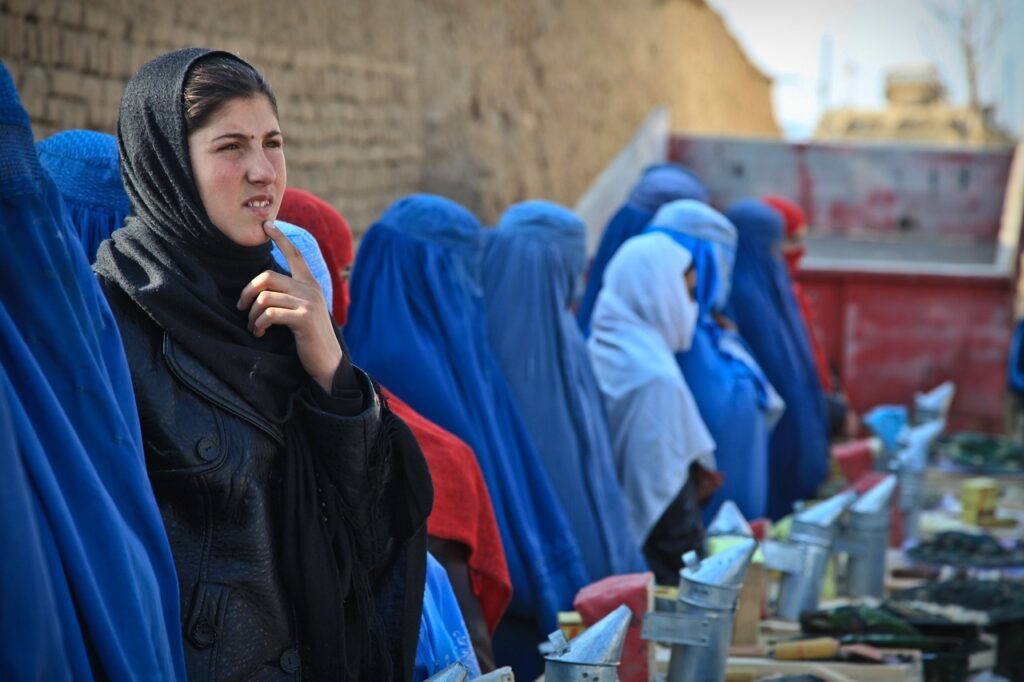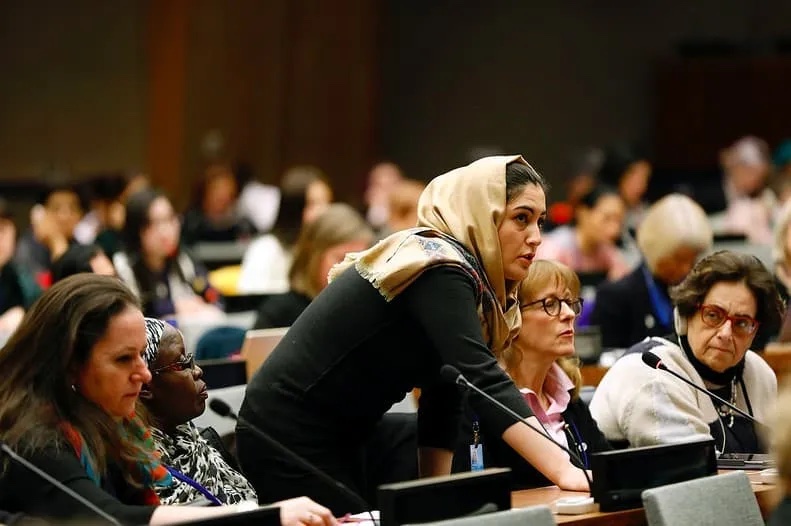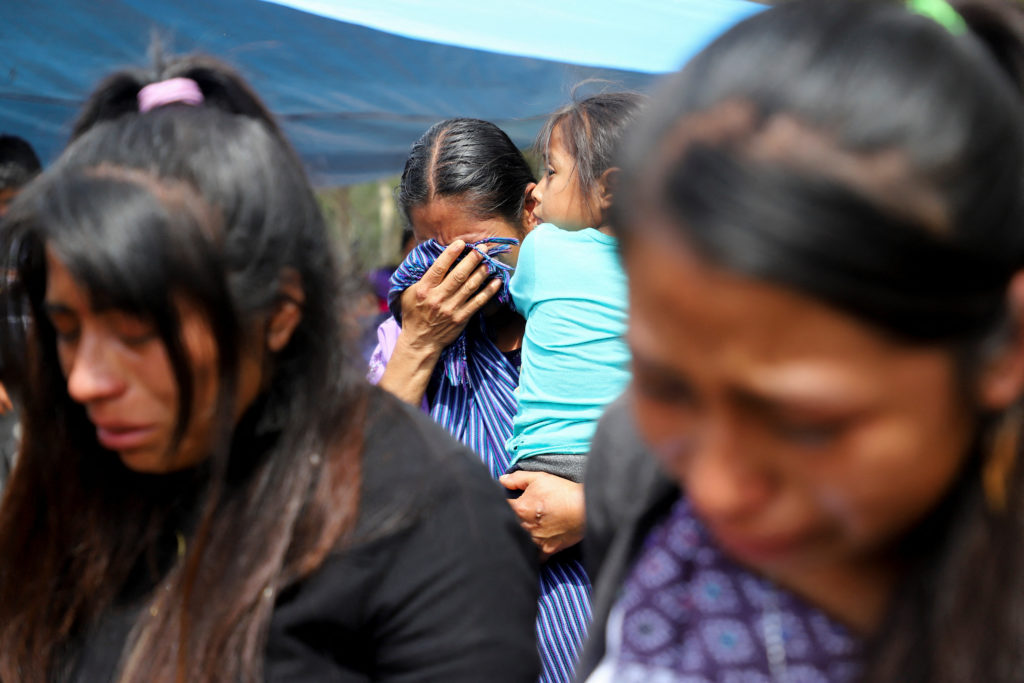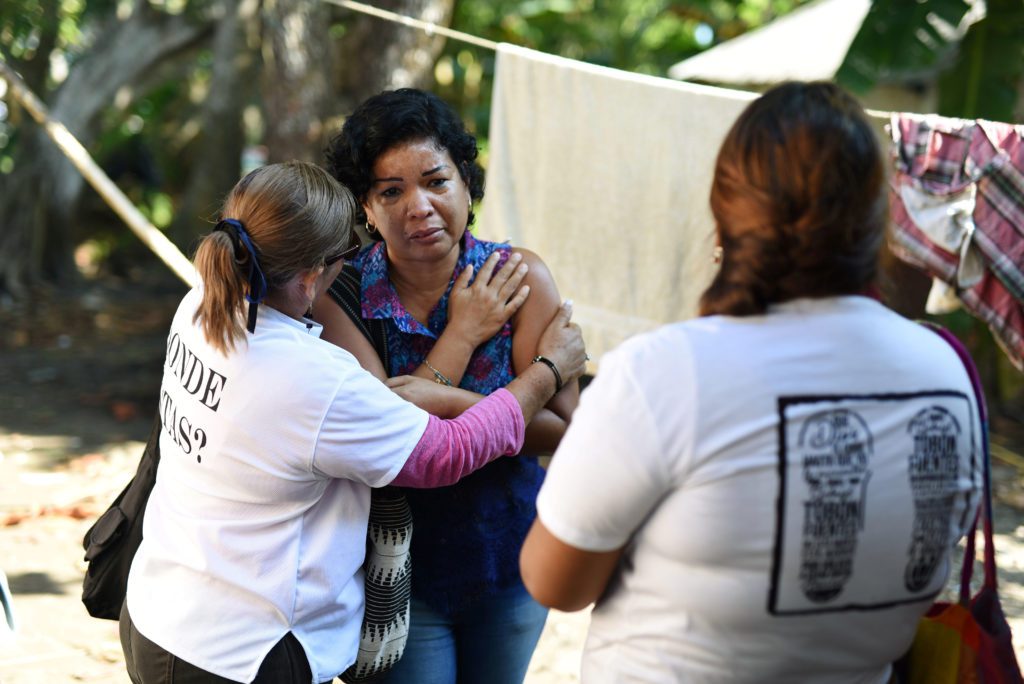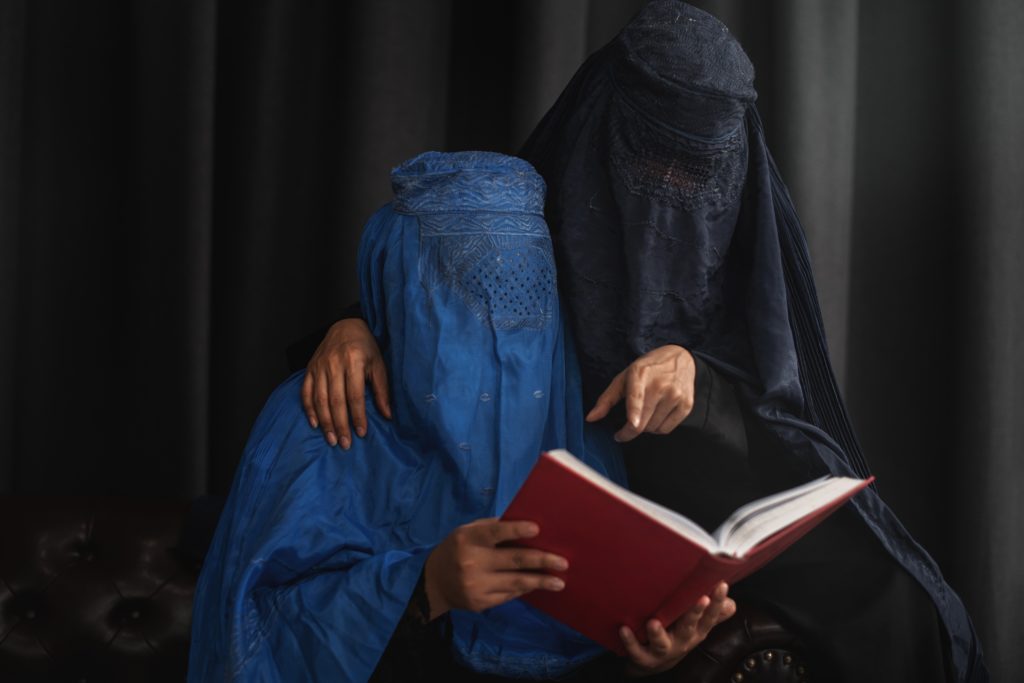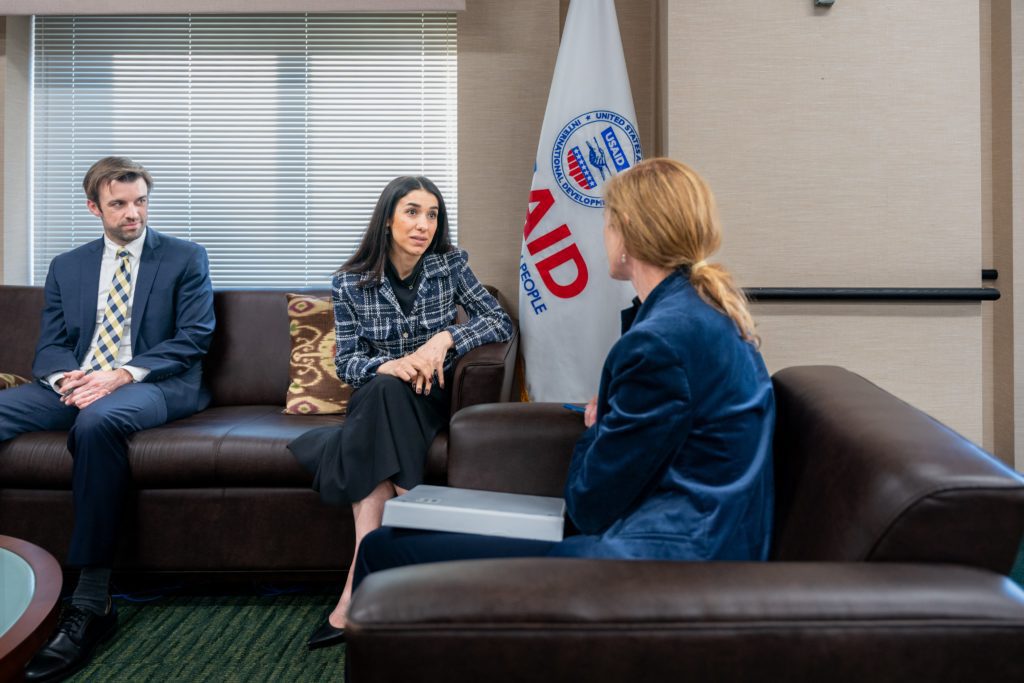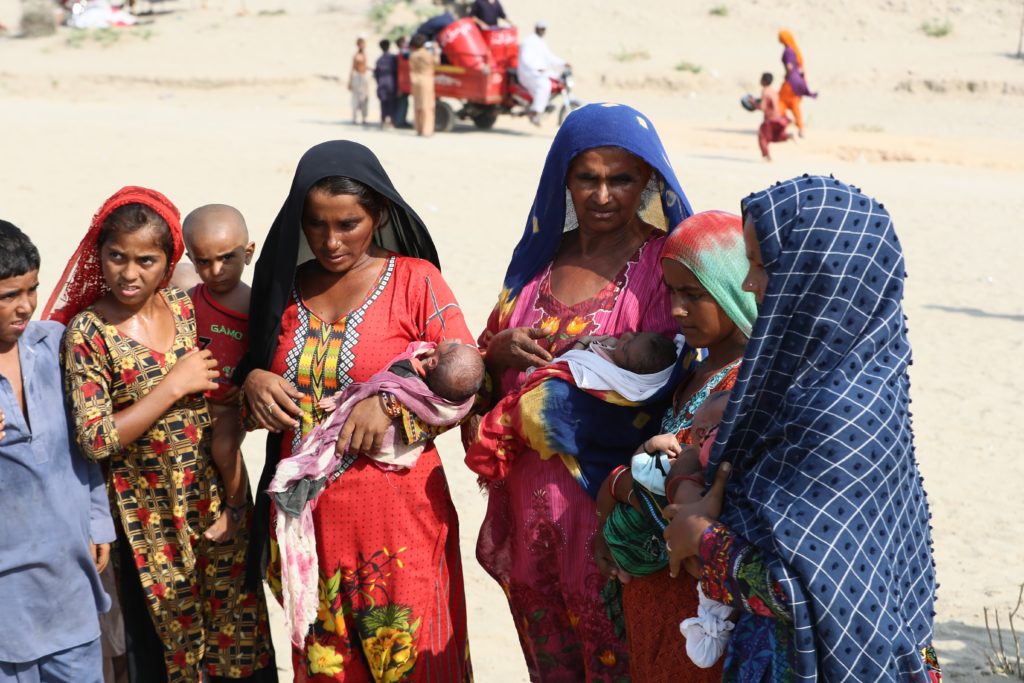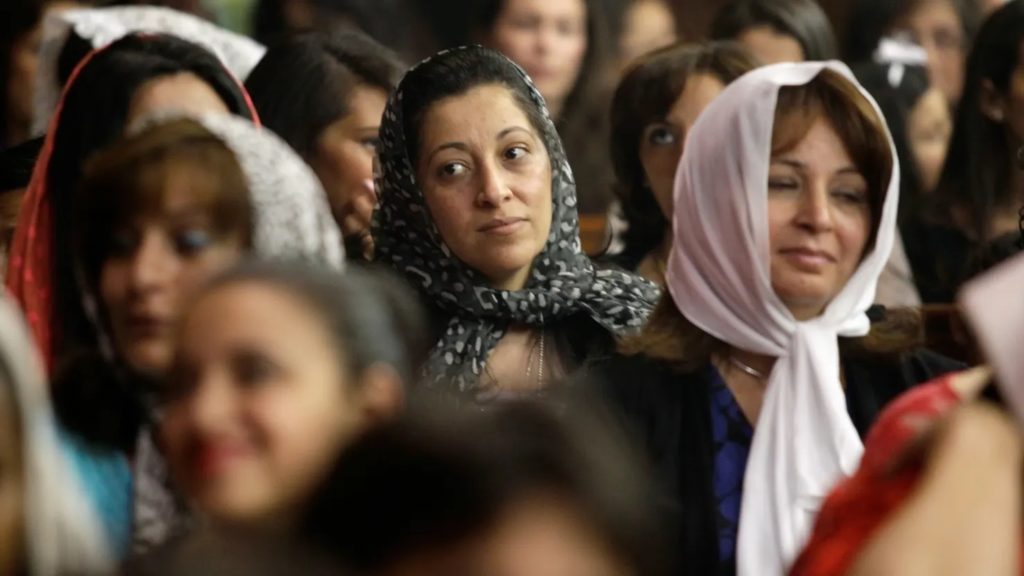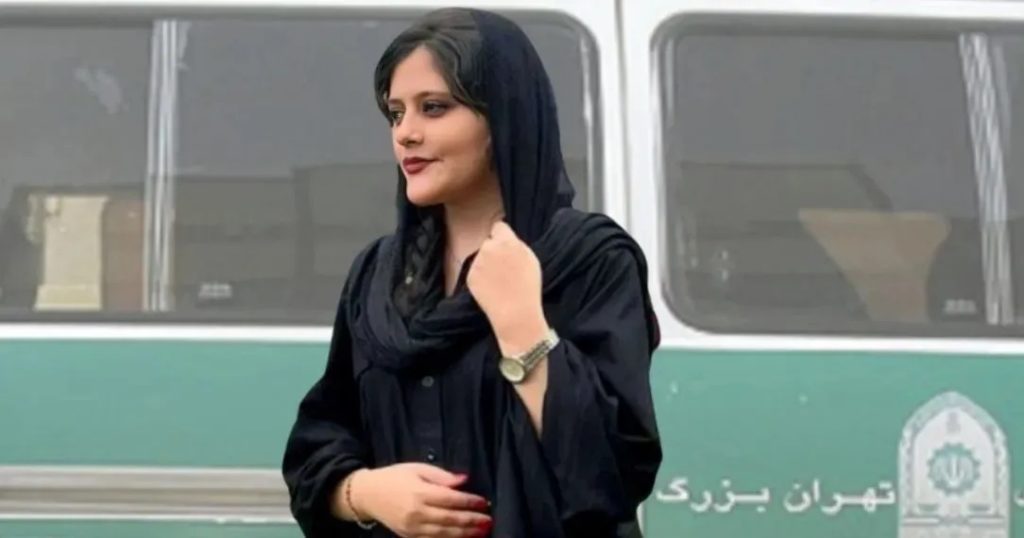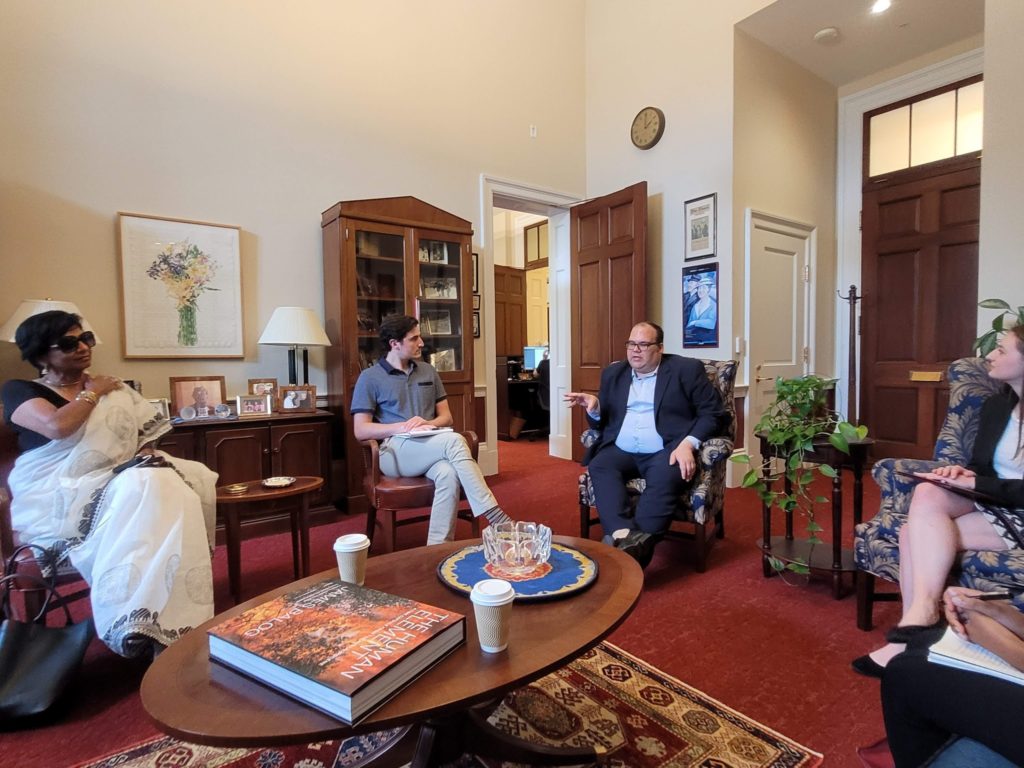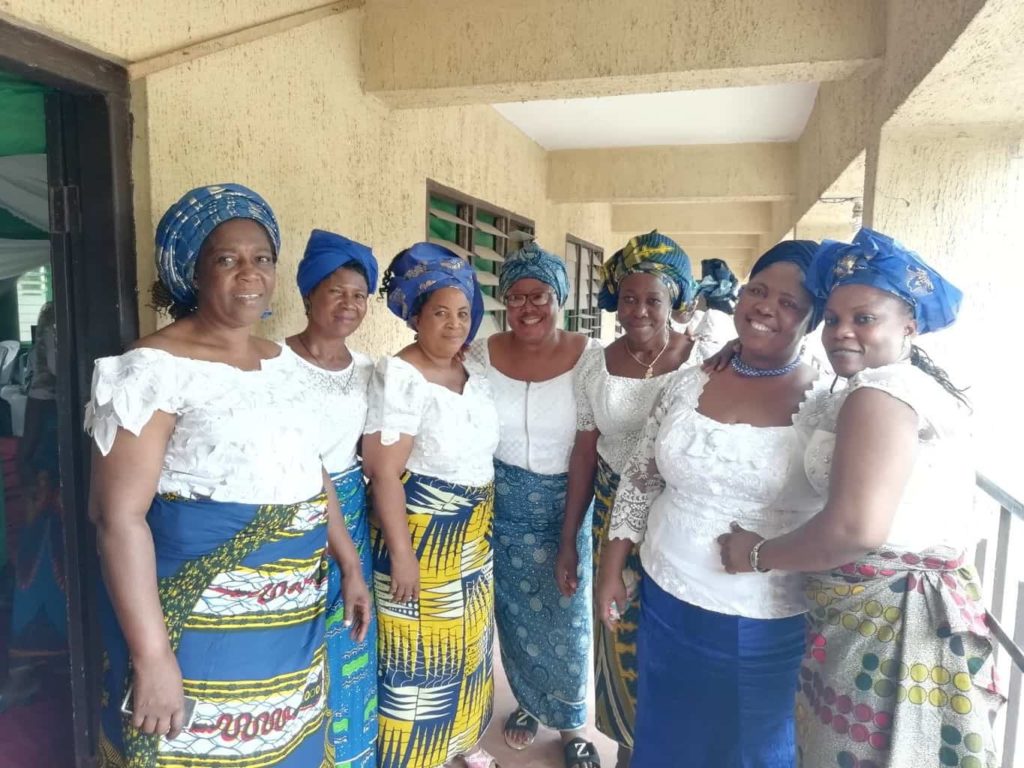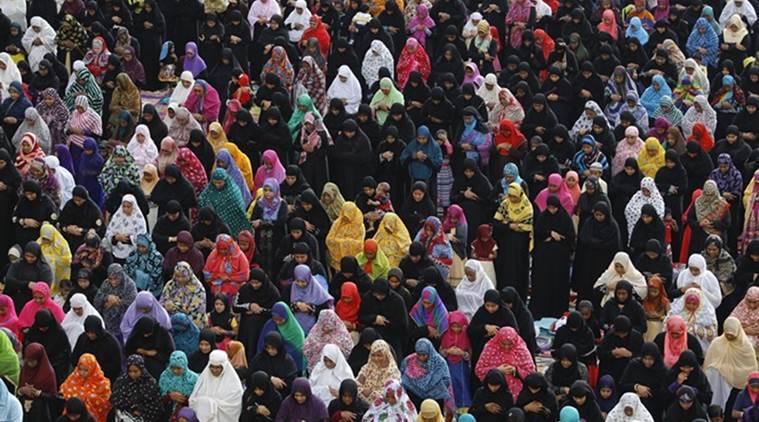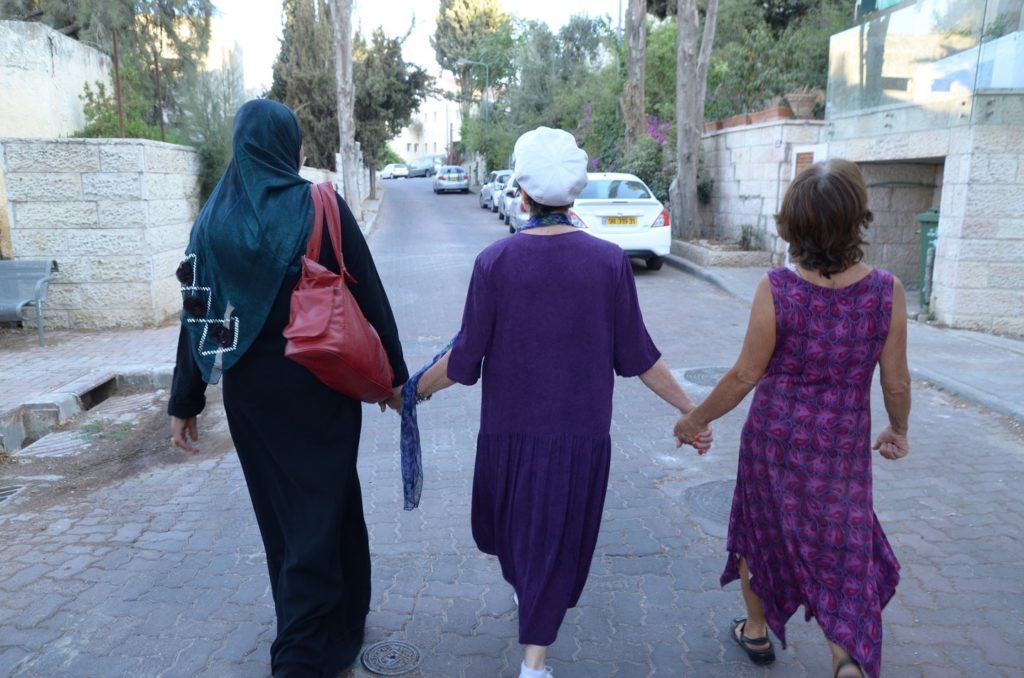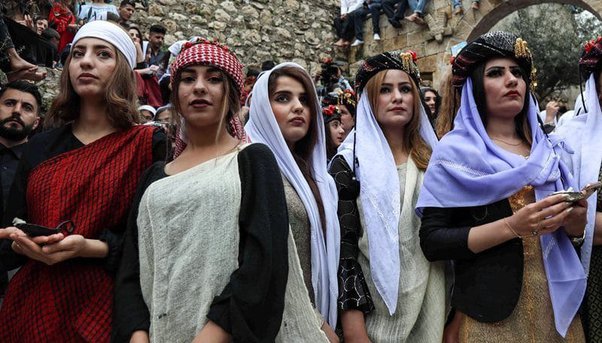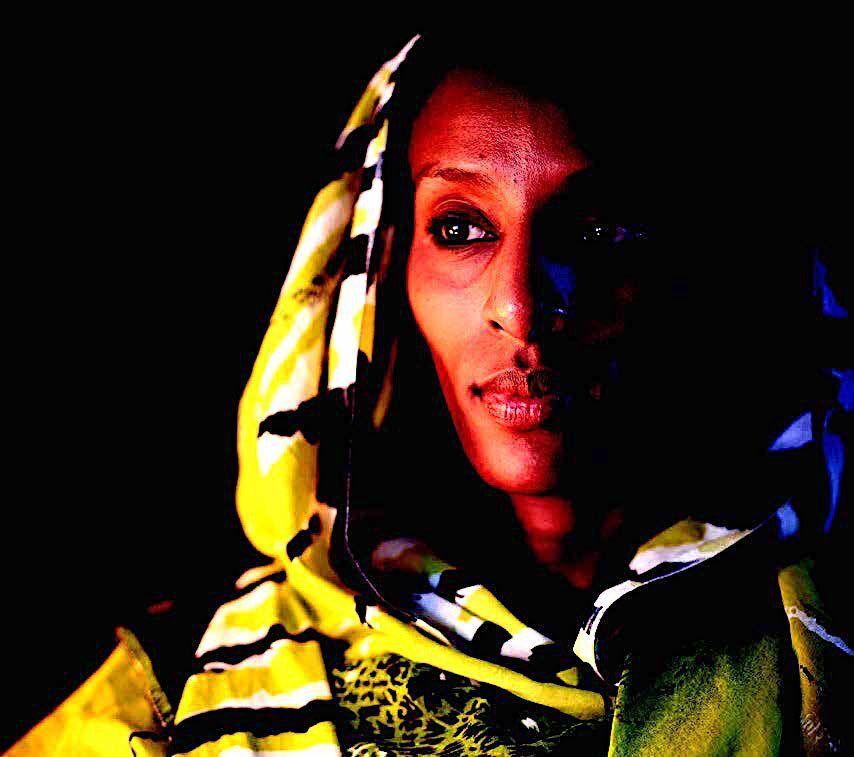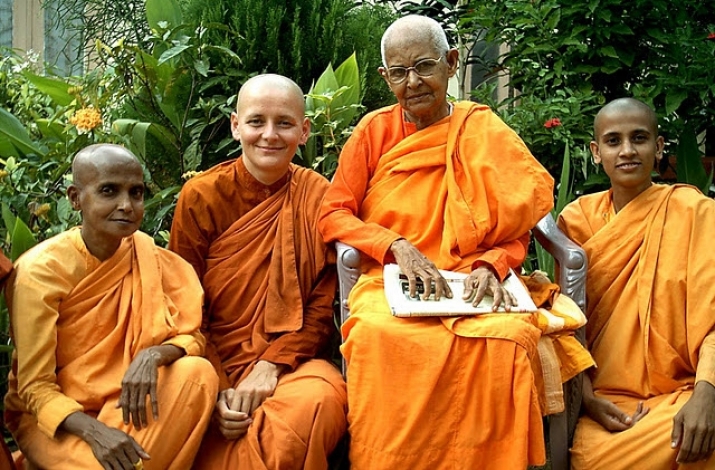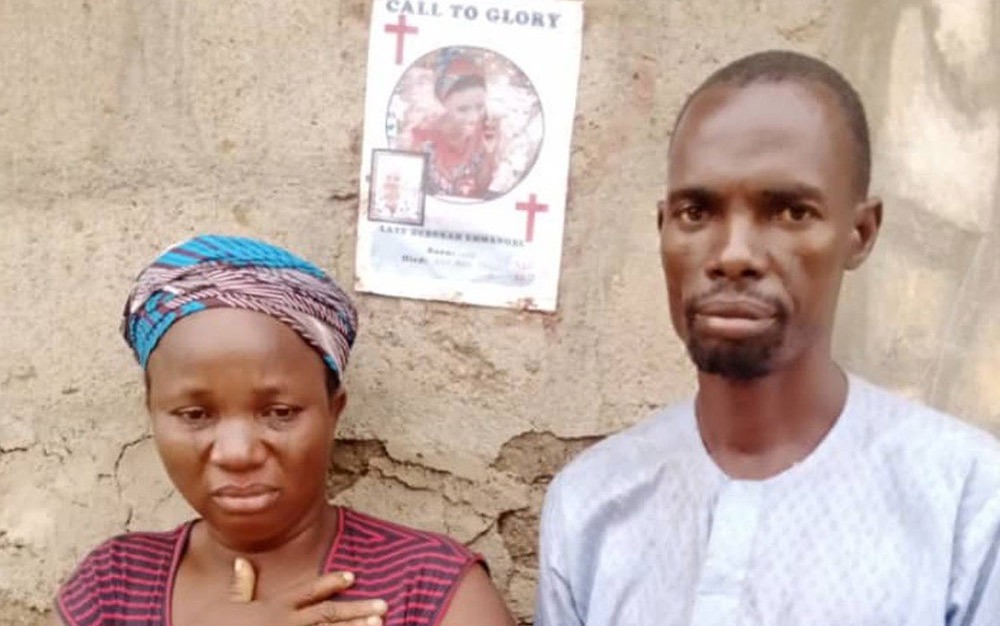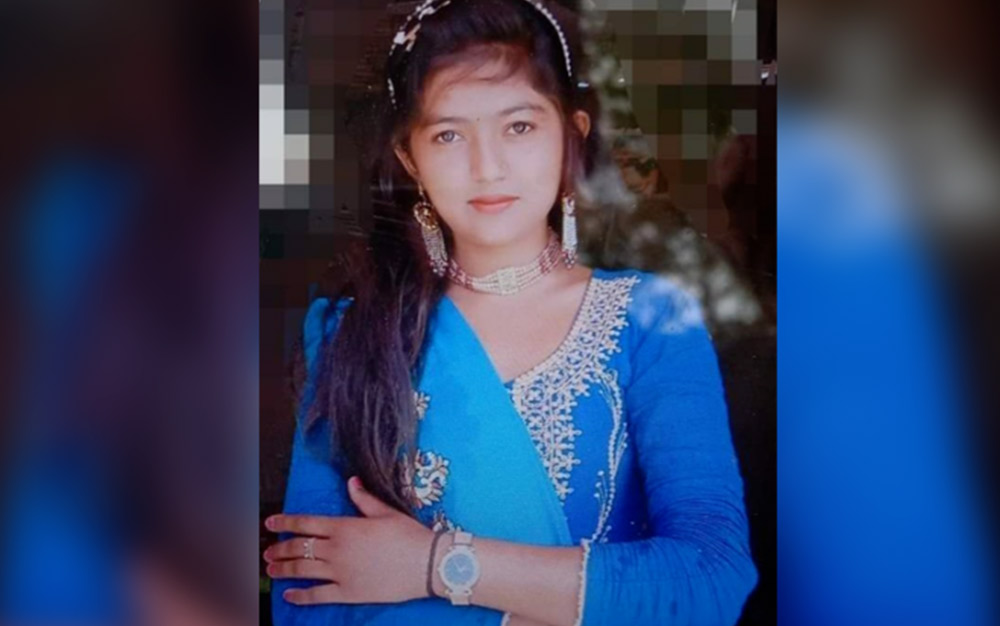For over 30 years, Artsakh women have survived fierce territorial wars for the right to self-determination and to maintain their Christian and Armenian identities. With husbands and sons defending their territory amidst the first Artsakh war, a shift in traditional gender identity began, making women household heads, breadwinners, caretakers of families, and property defenders. With support from Armenia, women also have become peacebuilders, mediating conflicts within their villages and towns, forming NGOs, and developing peace-building and democratic rule of law programs across Artsakh.
On December 12, 2022, Azerbaijan began a blockade of Artsakh. Since then, 2,000 pregnant women, 30,000 children, 20,000 elderly, and 9,000 disabled persons have been deprived of critical food and medical supplies. Artsakh women have spent their days searching for food to feed their families and safeguard their security and health. Their lives have consisted of standing for hours on breadlines (the only food available) which start forming at 4 a.m., with many returning home empty-handed to empty refrigerators and pantries. Today in Artsakh, miscarriages have tripled, pregnant women and children faint in the streets, and elderly people and others do not get the medicine and care they urgently need.
The blockade of the Lachin Corridor, the only roadway connecting Armenia and Artsakh, was not an isolated act: rather, it was yet another egregious action Azerbaijan and its President, Ilham Aliyev, have committed. Events now are fluid, with the Lachin Corridor “opened” on September 18, 2023, but totally under the control of the government of Azerbaijan which determines who and what (the people and goods) are able to enter Artsakh. Azerbaijan also alleged that the people of Artsakh have not suffered during the blockade and announced that 400 people are on their wanted list.
Azerbaijan’s goal remains the same: to starve the population and accelerate the ethnic cleansing of the Christian Armenian community by forcing them to leave their ancestral homeland, and erase ancient cultural heritage sites to deny the historic relevance and presence of Christian Armenians in the region.
Here are some stories of the women of Artsakh:
- The young single mother of a three-year-old boy and a six-year-old girl was forced to leave her sleeping children at home to walk five kilometers to a nearby town to find food. When the children woke up, they wandered into the streets and, not finding their mother, climbed into an abandoned car and fell asleep under the scorching heat. Their bodies were found the next day after a search of nearly 24 hours.
- Anush, a 30-year-old internally displaced person (IDP) from Shushi, attempted suicide after a miscarriage. She had suffered serious psychological trauma and stress since she lost her younger brother in the 2020 war and her father was severely injured in the first Artsakh war in the 1990s. She was in the fourth month of her first pregnancy when the blockade began, with her husband stranded on the other side. Anush attempted suicide on February 1, 2023, after she miscarried and lost her long-awaited firstborn due to the effects of the blockade: malnutrition and her increased levels of stress, anxiety, and depression.
- Lusine, a 75-year-old woman with diabetes and a disability lives alone in Stepanakert and cannot get the daily insulin she needs. In an interview with the Human Rights Ombudsman, she said: “I need to get insulin injected several times daily. I have to do it myself because I live alone and I have no family members by my side. My husband died in the first Artsakh war in 1993, while the family of my daughter currently lives in Armenia. Because of the blockade, she can’t come to Artsakh and take care of me now. I cannot obtain my regular dosage because there is not enough insulin in Artsakh. There is also no food available at the stores suitable for my dietary needs. Besides, I am physically unable to queue for food anyway, given my disability. I am extremely weak and exhausted and feel like I am slowly fading away. I can’t stand on my feet for a long time, and I want to sleep all the time. Sometimes I think I may die alone in my apartment, and nobody will ever notice.”
- Mariam, a 23-year-old, and her 30-year-old husband Ruben are from Stepanakert– the blockade has separated them from their children. On December 12, 2022, Miriam and Ruben left their home for what they thought would be one day to go shopping in Armenia. The blockade has separated them from their 3-month-old son whom they had left with Mariam’s mother. Miriam told the Human Rights Ombudsman Mariam that: “I couldn’t even imagine in my worst nightmare that I will be separated from my baby for such a long time. Every time I call my mother and she shows me my son, I can’t stop crying. I feel so guilty. My mother and son have been freezing due to rolling blackouts and disruption of the gas supply by Azerbaijan. My son doesn’t like the darkness, so he starts to cry once the lights go out. My mother is ill and cannot queue for food for hours and also cannot search for the necessary infant formula. I will not forgive myself if something bad happens to my baby. I am having panic attacks and breakdowns all the time. My husband is nervous too and his hair is turning grey. We are deprived of our basic right to go home and hug our own baby. Why do we deserve so much hatred from our neighbors?”
- Larisa, a 45-year-old internally displaced person (IDP) from Hadrut lost her husband and son in the 2020 war. Ever since she has had to cope with a severe psychological disorder and had a mental breakdown during the blockade. Larisa’s daughter noted the panic attack her mother had once she learned about the blockade and cried out, “Azerbaijanis will come and kill us all!” Her family members had to have her hospitalized given her hallucinations, deep depression, suicidal tendencies, and post-traumatic stress disorder (PTSD). Larisa does not recognize her family members, she cries at night, talks to herself, and calls for her deceased son and husband, asking them to take her back home. Larisa gets triggered by the news about the blockade. While she is under the supervision of psychiatrists at the Stepanakert hospital, because the necessary medications are unavailable, doctors are forced to use less effective substitutes.
- Nina, a 63-year-old woman from Stepanakert, suffered a stroke upon learning that the blockade had stranded her beloved grandchildren, 12-year-old Aren and 15-year-old Arina, in Yerevan. They had been on a school trip to watch the Junior Eurovision Song Contest that took place on December 10-11, 2022. In an interview with the Human Rights Ombudsman, Nina said: “Every time I think of my grandchildren being deprived of parental care and their normal life, separated from their family for such a long time for the first time in their life, I start to cry. Not letting children reunite with their parents is one of the most cruel and inhumane things in this world. I can’t handle the suffering of children. They are innocent creatures, and they have done nothing to Azerbaijan. The other day, I felt extremely bad, and I had a strange pain in my chest. I didn’t even realize I had a stroke. My daughter called the ambulance, and when the doctors examined me, they confirmed the diagnosis. I am just devastated. Why should we suffer so much? Why do we deserve this?”
- Mariam, a 30-year-old mother of three children – including 18-month-old twins, is concerned about the present and future. Like other mothers, Mariam focuses on how to survive given that many families do not have anything and mothers are sharing the last bits of food they have. Like other mothers, she has participated in all the demonstrations that were organized to make their voices heard but fears that she, like other mothers, no longer can be their families’ problem-solvers and that: “I do not see [a future here]. Artsakhi mothers are strong and expressive. Their deep connection with their homeland is historic and multi-generational. But I also do not see a future elsewhere. After the war [of 2020], we had the opportunity to move, but we stayed. I do not know if it is love for the motherland or something else, but I cannot imagine myself living anywhere else.”
Gulnara Shahinian is the founder of the NGO Democracy Today in Armenia, an international independent expert on human rights, slavery, and human trafficking, and a former UN Special Rapporteur on contemporary forms of slavery.
Jackie Abramian serves on the board of Democracy Today, Armenia, and is a social enterprise advisor, committed to amplifying the work of women peacebuilders, change makers, and social entrepreneurs. She also is the founder of Global Cadence.
